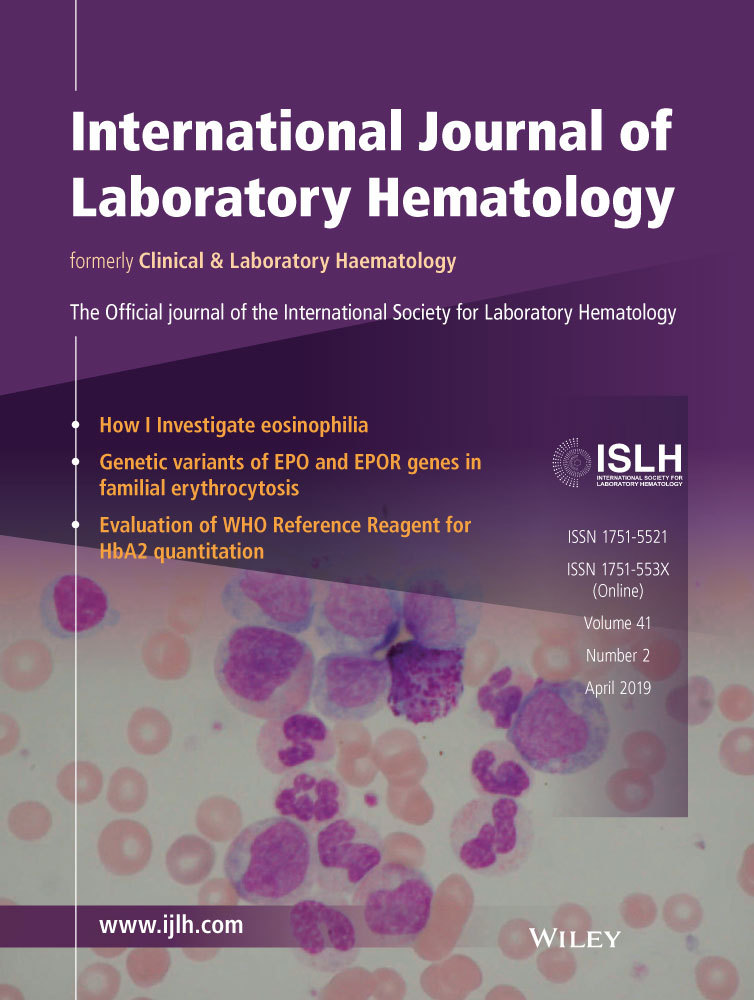Influence of DOAC Stop on coagulation assays in samples from patients on rivaroxaban or apixaban
Abstract
Introduction
Direct oral anticoagulants (DOACs) require no laboratory monitoring, but they interfere with almost all clotting tests to a varying degree, depending on the DOAC, assay principles and reagents used. DOAC Stop (Haematex Research, Sydney, Australia) has recently been shown to adsorb DOACs from spiked and patient plasmas. The aim of our work was to investigate the DOAC Stop effect on a range of haemostasis assays on plasmas collected from patients on rivaroxaban or apixaban, to see whether it removes the effect of these drugs to enable more accurate interpretation of coagulation assays.
Methods
Samples from patients anticoagulated with either rivaroxaban, apixaban or no anticoagulant were tested for prothrombin time (PT), activated partial thromboplastin time (APTT), DOAC-specific anti-Xa assay, factor VIII (one-stage and chromogenic assay) and DRVVT (low and high phospholipid) before and after sample treatment with DOAC-Stop.
Results
DOAC Stop significantly removed the effects of rivaroxaban and apixaban on PT, APTT, anti-Xa activity, factor VIII (one-stage and chromogenic assays), and DRVVT (low and high phospholipid reagents), and reduced the number of false positive of lupus anticoagulant interpretations in patients on rivaroxaban. There was no effect on the results from patients that were not anticoagulated.
Conclusion
This small study suggests that it is likely that DOAC Stop can be used in laboratories to screen for coagulopathy or lupus anticoagulants in samples containing rivaroxaban or apixaban. Care should be taken in the interpretation of results since complete reversal of the anti-Xa effect did not occur in every sample.




